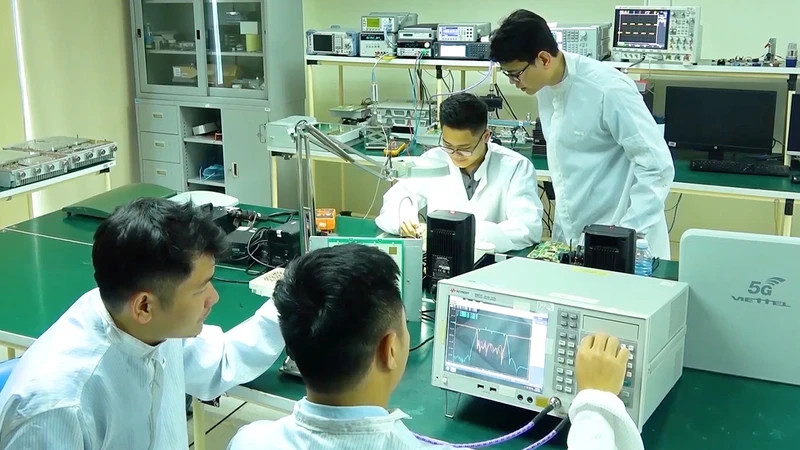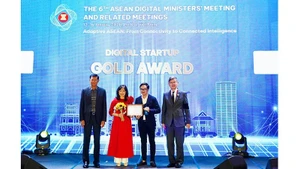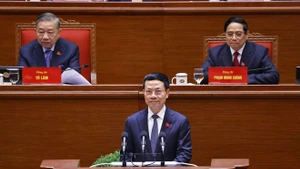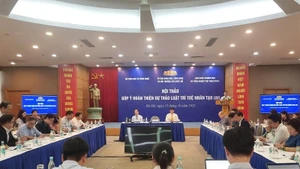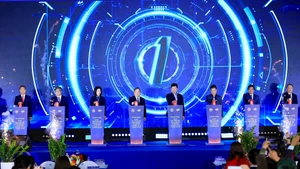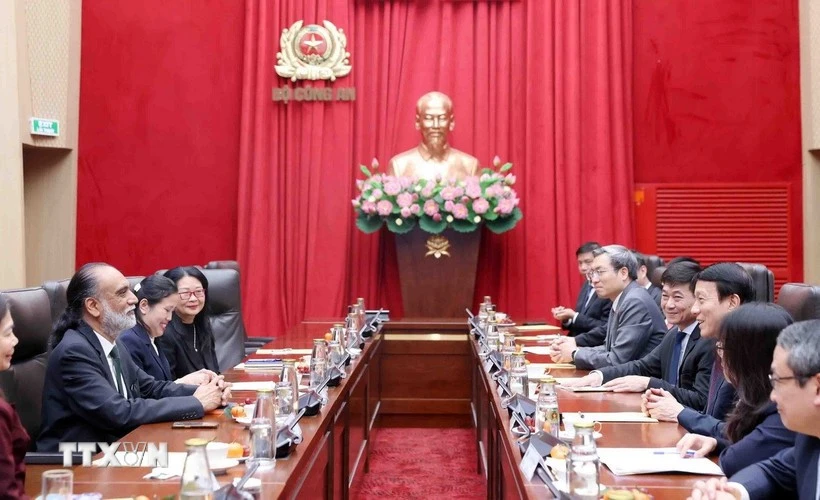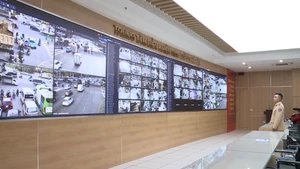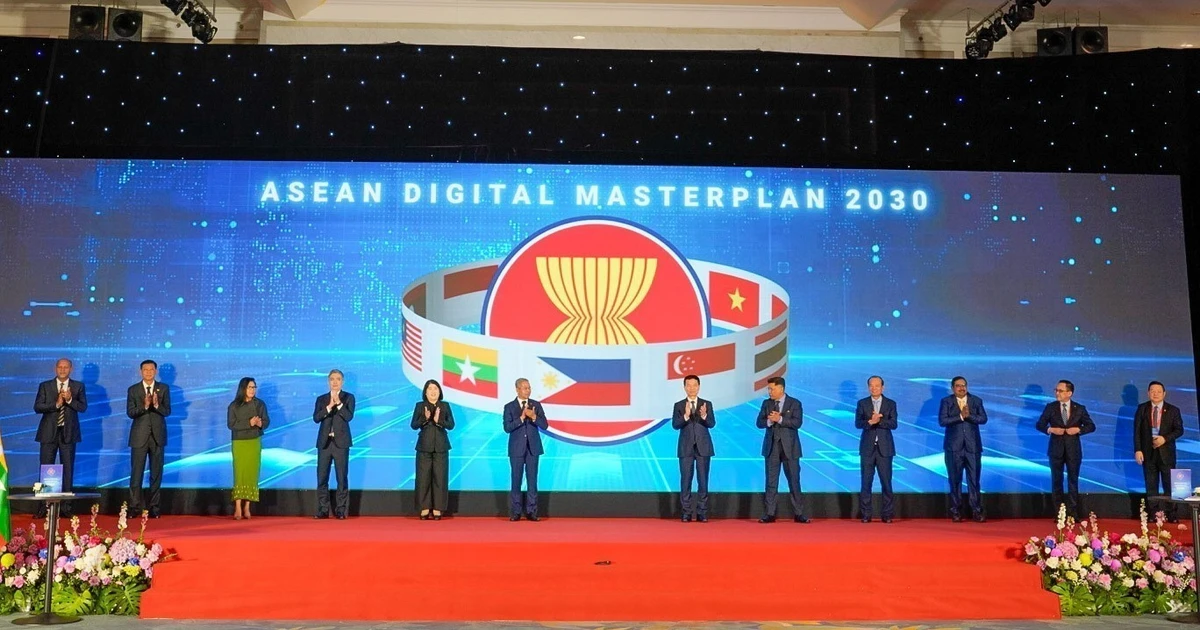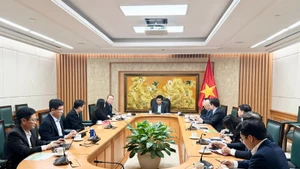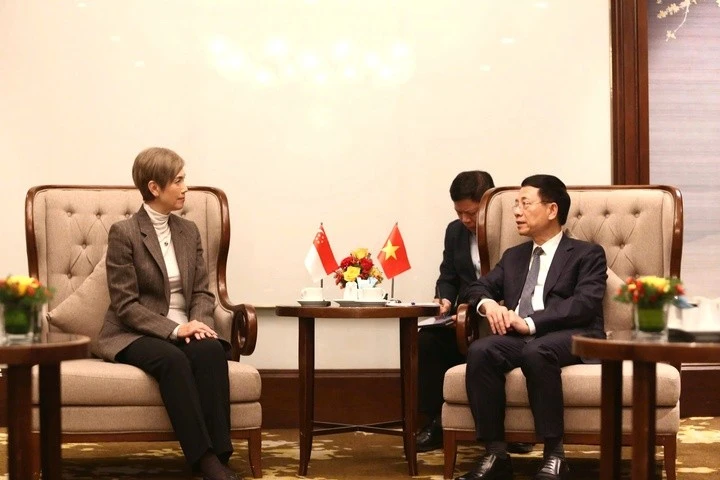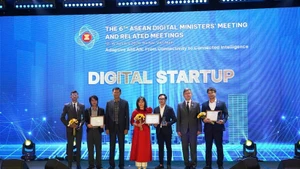Key breakthroughs
Deputy Minister of Science and Technology Bui The Duy noted that science-technology development, innovation, and digital transformation are currently being promoted under Resolution No. 20-NQ/TW, Conclusion No. 69-KL/TW, and Resolution No. 52-NQ/TW of the Politburo, which take a comprehensive and holistic approach.
Resolution No. 57-NQ/TW (the Resolution) focuses on institutional bottlenecks and provides viewpoints and mechanisms to address longstanding issues in the development of science-technology, innovation, and digital transformation.
For the first time, science-technology, innovation, and digital transformation have been positioned as the “most crucial breakthroughs”. These three pillars are identified as essential for national development in the new era.
The Resolution defines investment in science-technology, innovation, and digital transformation as a long-term and risk-tolerant task. It emphasises promoting collaboration between research institutes, universities, and businesses, increasing investments, and prioritising public funding for science-technology research through a fund mechanism. Additionally, it aims to comprehensively improve legal frameworks on science-technology, investment, procurement, public assets, state budgets, and intellectual property rights.
According to Tao Duc Thang, Chairman and CEO of the Viettel Military Industry and Telecoms Group, the Resolution sets an ambitious goal to allocate 2% of GDP, approximately 9 billion USD annually, to research and development by 2030. This substantial budget is expected to significantly boost Vietnam’s science-technology and innovation capabilities.
The Resolution also includes global trends, such as recognising data as a new production resource, using digital transformation to innovate production and business methods, leveraging public funds to hire experts, and testing new technologies.
Thang highlighted that allowing the pilot testing of new technologies is a breakthrough policy that enables state-owned enterprises like Viettel to confidently research, experiment, master, and apply new technologies and business models despite potential economic risks caused by external factors.
In addition to removing barriers, the Resolution is action-oriented, requiring concrete actions from the political system, society, and individuals. For example, it calls for the reviewing and restructuring of public science-technology organisations, the merging or dissolving of ineffective entities, the development and implementation of strategic technology and industrial programmes, and the concentration of investment in digital and telecommunications infrastructure.
Many scientists view the Resolution as a rallying call for all societal forces to contribute to national development in the new era. From state managers and scientists to businesses and citizens, all are urged to reevaluate their activities to drive clear, decisive action.
Nguyen Nhi Dien, Chairman of the Vietnam Atomic Energy Society, emphasised that the Resolution accurately assesses the role of science-technology, innovation, and digital transformation in national development. While the government facilitates conditions for scientists, they must strive to produce tangible, impactful scientific outcomes that contribute to the country’s progress.
Challenges in the implementation of the Resolution
Minister of Information and Communications Nguyen Manh Hung expressed confidence that digital transformation has now become a mission for the entire Party and people, signalling a breakthrough phase for Vietnam’s digital transformation journey.
Deputy Minister Bui The Duy affirmed that Vietnam has abundant human resources in technical fields and information technology and a large domestic market to foster innovation and digital transformation. Vietnam’s geopolitical position as a regional hub and its growing international standing, as evidenced by its participation in new-generation free trade agreements and strategic partnerships, also provide significant advantages.
Dr Nguyen Quan, former Minister of Science and Technology and Chairman of the Vietnam Automation Association, noted that after over a decade of implementing Resolution No. 20-NQ/TW and the 2013 Science and Technology Law, Vietnam has established a solid theoretical and practical foundation for advancing science-technology management. Certain indicators, such as a Total Factor Productivity (TFP) contribution of over 35% and over 3% of the state budget allocated to science-technology, show that with determination, goals are within reach.
However, challenges remain in ensuring effective implementation. Deputy Minister Bui The Duy pointed out the urgency of timely execution; given the rapid pace of global science-technology developments, without swift action, the Resolution risks becoming outdated.
Another challenge is the widespread and continuous dissemination of the Resolution to Party committees, the general public, and society at large to meet its ambitious objectives.
“The challenges require state management officials to concretise the Resolution into institutions and solutions with faster work pace and smarter methods. This includes leveraging data-driven, automated systems and enhancing skills in data collection and analysis,” emphasised Deputy Minister Bui The Duy.
He also stressed the need for the state management system to rigorously follow directives from the Party General Secretary, the Government, and the Prime Minister to simplify administrative procedures, decentralise authority, and streamline operations.
